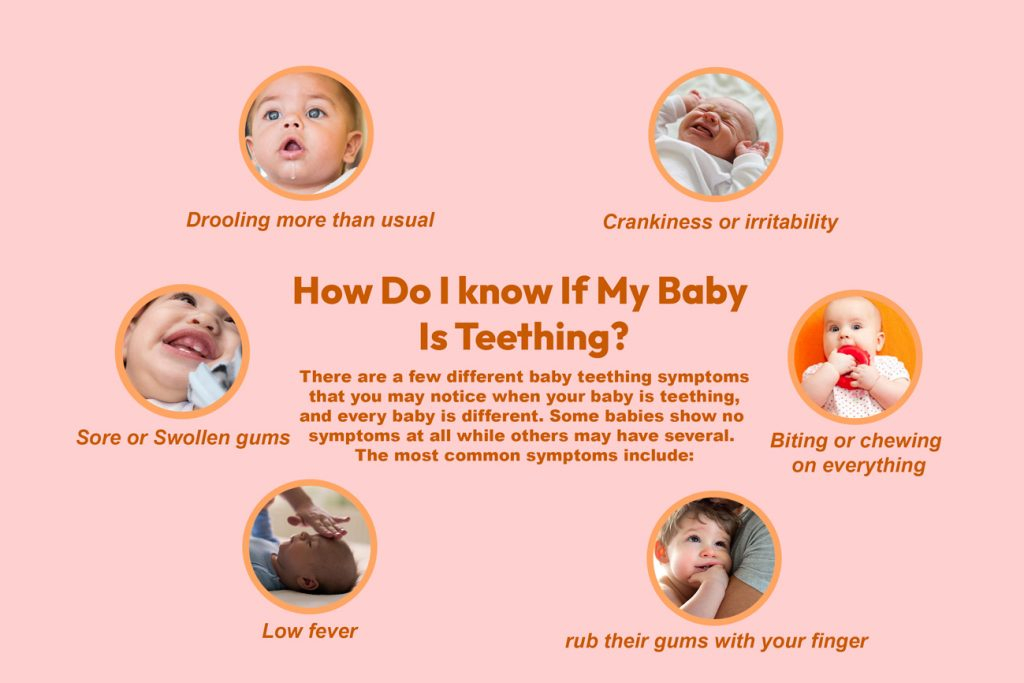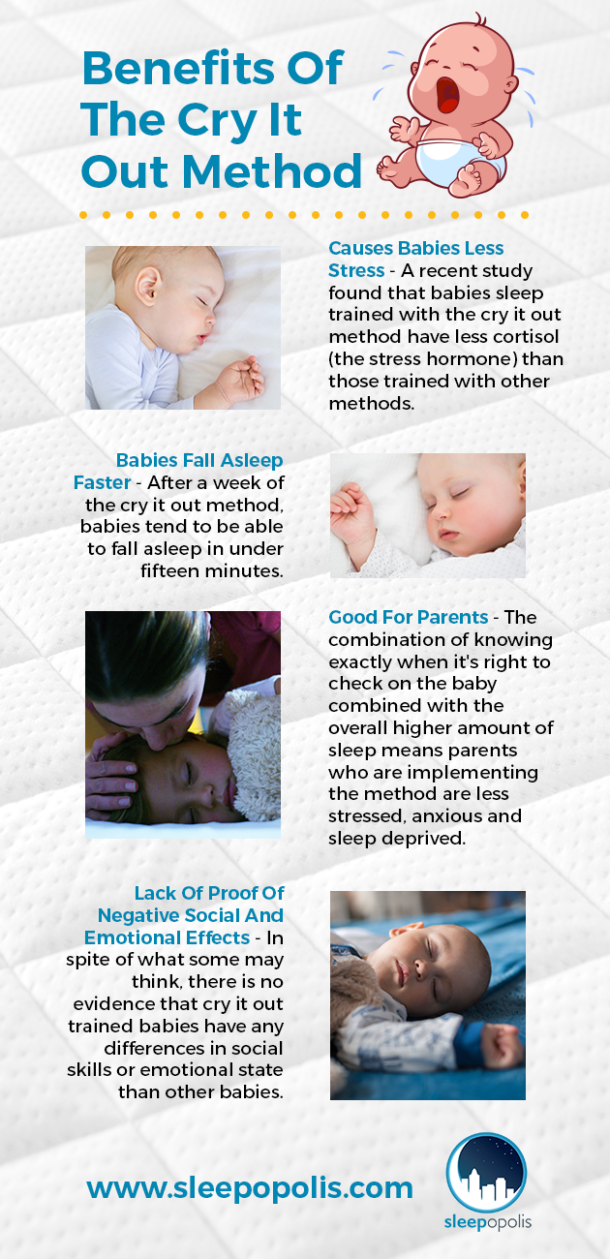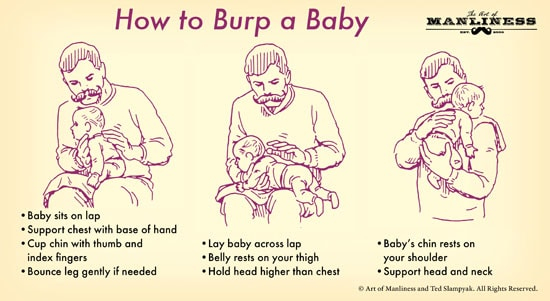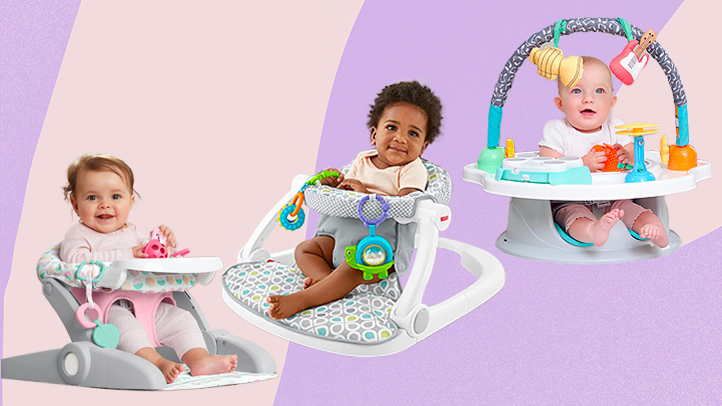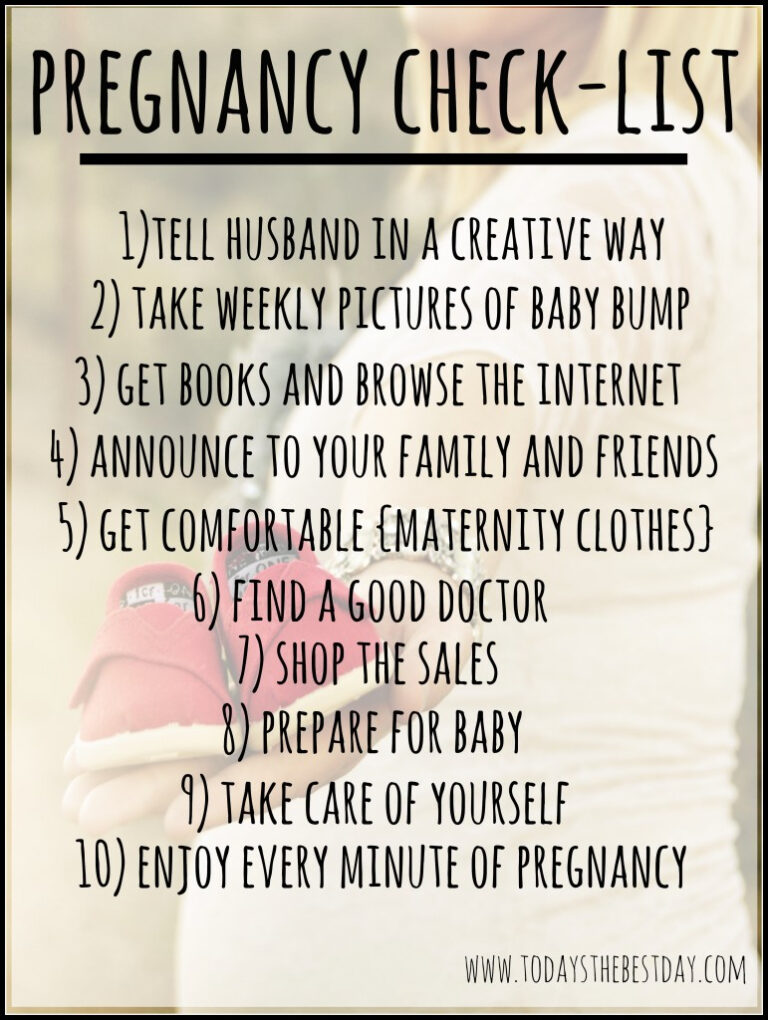How To Know If My Baby Is Teething
Are you a new parent wondering if your baby is teething? It can be a challenging time for both you and your little one. In this comprehensive guide, we will explore the signs and symptoms of teething, how to soothe your baby’s discomfort, and when to seek medical advice. Let’s dive in and learn more about how to know if your baby is teething.
Knowledge
Teething typically begins around six months of age, but it can vary for each baby. Some babies may start teething as early as three months, while others may not begin until they are a year old. The first teeth to come in are usually the two bottom front teeth, followed by the two top front teeth. As more teeth erupt, your baby may experience discomfort and irritability.
Some common signs that your baby is teething include:
It’s essential to keep in mind that not all babies will experience the same symptoms when teething. Some babies may have a more challenging time with teething than others, while some may not show any signs at all. Trust your instincts and seek advice from your pediatrician if you have any concerns.
There are several ways you can help soothe your baby’s discomfort during the teething process. Some helpful tips include:
It’s crucial to provide love and support to your baby during this challenging time. Be patient and understanding as your little one navigates the discomfort of teething.
Conclusion
In conclusion, knowing if your baby is teething can be a challenging but essential part of parenthood. By recognizing the signs and symptoms of teething, you can help your baby feel more comfortable and secure during this time. Remember to be patient, provide love and support, and seek medical advice if needed. This article is a valuable resource for new parents and caregivers who want to learn more about how to know if their baby is teething.
Final thoughts: Teething is a natural process that all babies go through, but it can be a stressful time for parents. By understanding the signs and symptoms of teething and how to soothe your baby’s discomfort, you can navigate this phase with confidence. Remember that every baby is different, so trust your instincts and seek advice from healthcare professionals when needed. Your baby’s health and well-being are a top priority, so be proactive in addressing any concerns you may have about teething.
